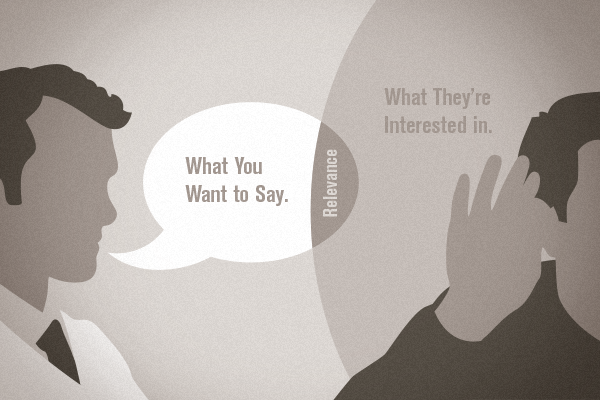That’s worth repeating: 85% of diagnoses can be made just by listening to the patient.
It’s clear cut: When doctors do not have enough time to listen the result is that they do not listen.
Dr. Sandeep Jauhar, M.D. posted a powerful blog entry on the New York Times website. He describes the ideal doctor-patient relationship, a place where intimacy transpires and information is exchanged openly and honestly. But he adds a caveat: “That is seldom the reality… Deception in the doctor-patient relationship is more common than we’d like to believe.”
We’re big fans of technology here at Atlas MD. We bring our iPads into the examination room. We field phone calls from our patients. We’ve coordinated prescriptions and medications with pharmacies and then texted timely information to patients in need. Dr. Doug has literally brought tears of joy to a woman’s eyes for such an effort. So you’d think that helping people take their pills would be the perfect thing for a mobile app to do, right?
Well, there plenty of apps offering this service on the app store. But are they getting people to take their pills?

Have you checked out Mind The Gap yet? It’s a blog written by Stephen Wilkins, MPH. He’s interested in physician-patient communication that’s both personal and professional. His most recent post (Via Health Works Collective) addresses the issue of relevancy, something that you might immediately think, that? Oh, I know that. But the truth is, if you’ve been a healthcare professional running through what Michael Tetreault called the “hamster wheel” then you might have developed some bad communication habits.